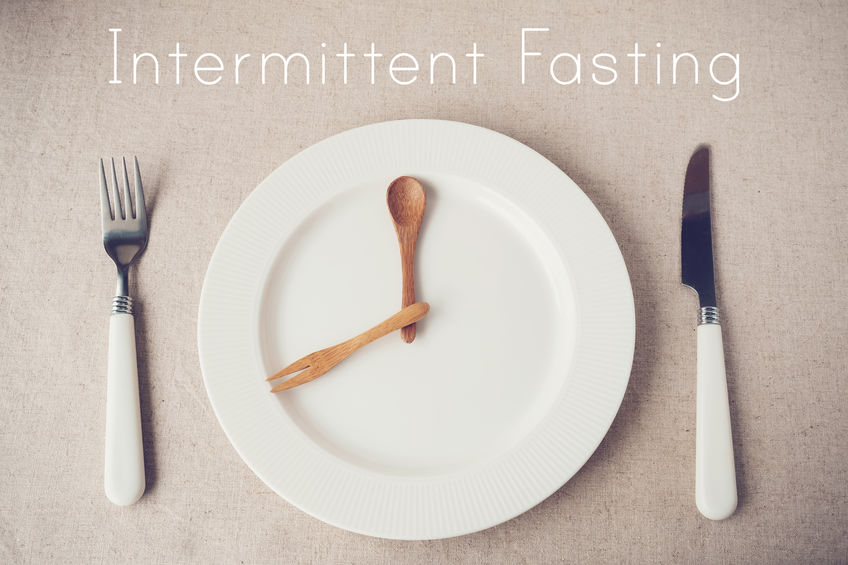Is intermittent fasting healthy? The Intermittent fasting diet is very popular these days. But not everything popular is always good. Things that are good for many, may not be good for you. So, whenever you are deciding to get into any food trend, make sure you have properly researched it beforehand. It is because, if it doesn’t work you will end up having nothing but losing time and effort.
The same goes for intermittent fasting. In intermittent fasting, the body uses up the stored fats instead of glucose.
Weight loss is the most promised, worked upon resolution. However only a few attain the final result. Why? It is because either the rules and trends followed don’t suit the individual or else the individual can’t keep up to the level of commitment required.
Intermittent fasting is no doubt not-an-easy weight loss technique. While following it, people only focus on what good it can do ignoring the downsides of it.
Why is intermittent fasting so popular?
From celebrities to fitness trainers everyone is recommending intermittent fasting. Why is it so popular?
It limits the eating window of an individual during which it completely cuts off the scope of having extra calories which is otherwise not possible in other forms of weight loss. The overall idea of weight loss is to minimize the entry of calories into the body and intermittent fasting is seen as the most promising way to do it.
“Proponents claim that extended fasting periods (beyond the normal time between meals) promote cellular repair, improve insulin sensitivity, increase levels of human growth hormone, and alter gene expression in a way that promotes longevity and disease protection,” says a Harvard Health report.
What are the different types of intermittent fasting?
There are different forms of intermittent fasting along with the commonly known “reduced eating window” technique:
• Periodic fasting: This is when the body is put through regular fasting once or twice a week where the body is only allowed 500-600 calories in a day.
• Alternate day fasting: In this case, every alternate day the body is only allowed 25% of the usual intake of food.
• Alternate day fasting: In alternate day fasting, the body is put under rigorous fasting every alternate day.
• Time-restricted eating: This is the commonly followed intermittent fasting technique. In this case, the body is put through a fasting period of long hours with only a few hours of eating.
Is intermittent fasting healthy?
Intermittent fasting is quite difficult. The body is put through lots of fasting so that extra fat is burned up. This strict form of fasting has its way of dealing with the body. While many bodies adapt to this fasting form, many find it difficult to cope up.
These are some unhealthy aspects of this diet:
It may force you to overeat
Human mind always prepares itself for a crisis. Biological push to eat more before the fasting period has been observed in many cases. Just because they have to fast for a long duration, people often end up eating more than required.
This disturbs the overall objective of following intermittent fasting. The body does not get to use the excess fat of the body.
It may affect your mood
A long spell of fasting does no good to the moods. One may experience irritability, headache, lethargy, fatigue during intermittent fasting. Due to low mood, the individual’s personal and professional ecosystem may also get disturbed in the process.
It may affect older people
Older people who are planning to lose weight should avoid intermittent fasting. In old age people lose lean muscle mass. Experts have said, those who are marginally overweight may lose more weight in the process.
“If you’re already marginal as far as body weight goes, I’d be concerned that you’d lose too much weight, which can affect your bones, overall immune system, and energy level,” registered dietitian Kathy McManus, director of the Department of Nutrition at Harvard-affiliated Brigham and Women’s Hospital has said.
During old age, people develop a number of health complications which requires them to be on medications and on frequent meals.
It may affect those who are on medication
Health experts have warned against intermittent fasting for those on medications. “People who need to take their medications with food — to avoid nausea or stomach irritation — may not do well with fasting.
Also, people who take heart or blood pressure medications may be more likely to suffer dangerous imbalances in potassium and sodium when they’re fasting,” says Dr. Suzanne Salamon, associate chief of gerontology at Harvard-affiliated Beth Israel Deaconess Medical Center.
Those people with diabetes should refrain from practicing intermittent fasting as their body needs food and medications at regular intervals.
Click here to read more about is intermittent fasting healthy.






